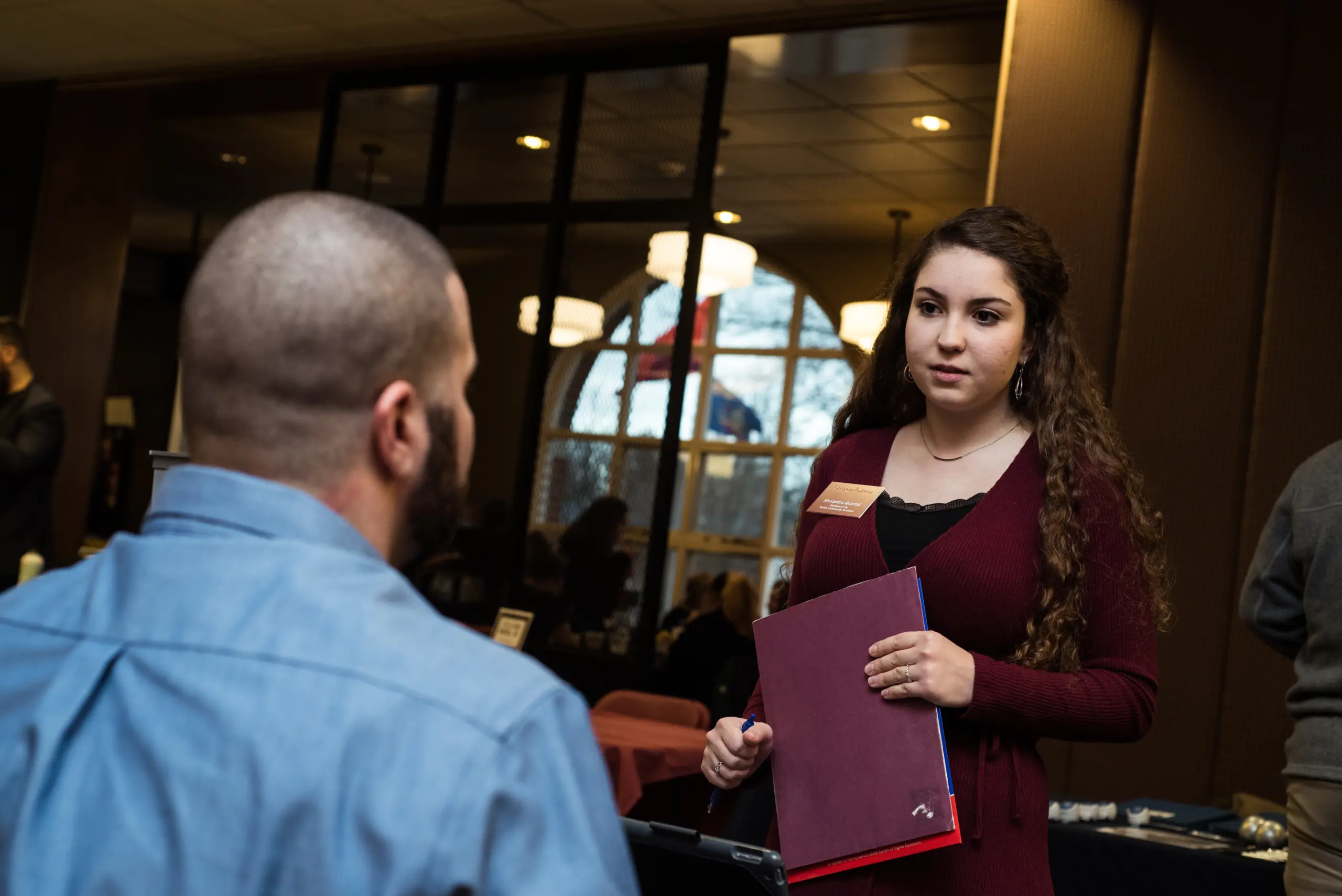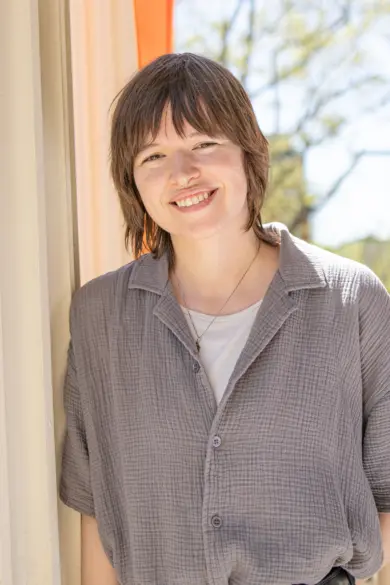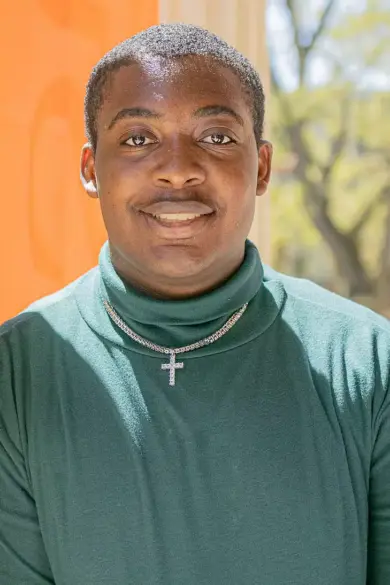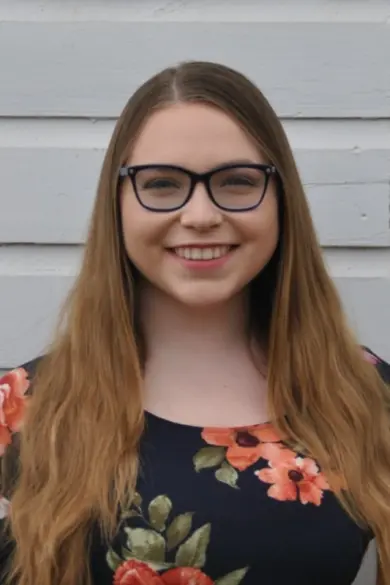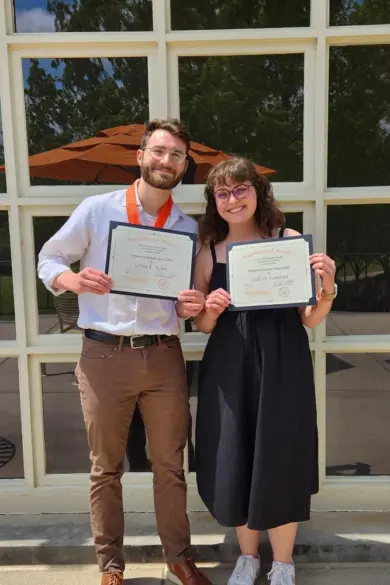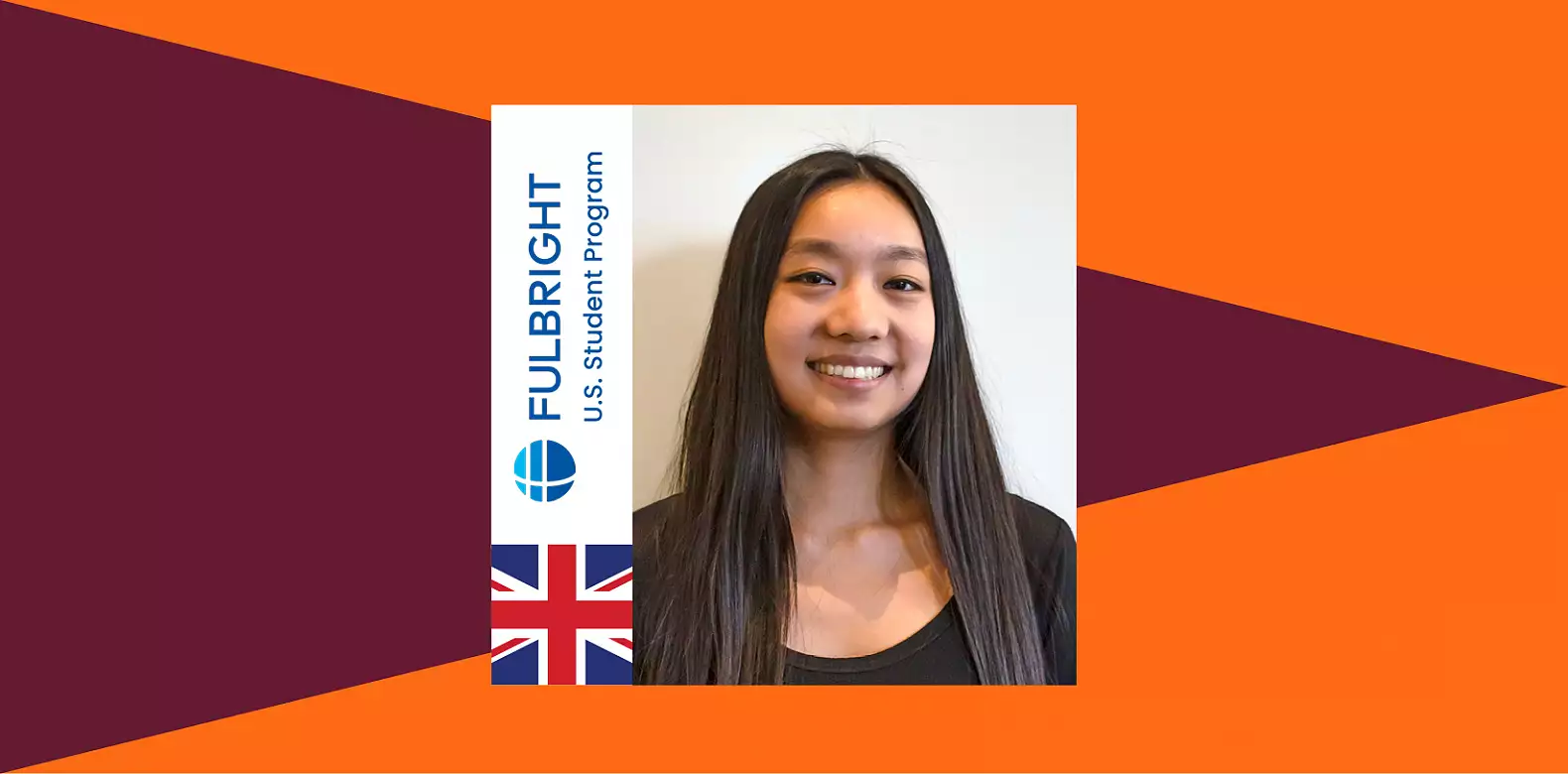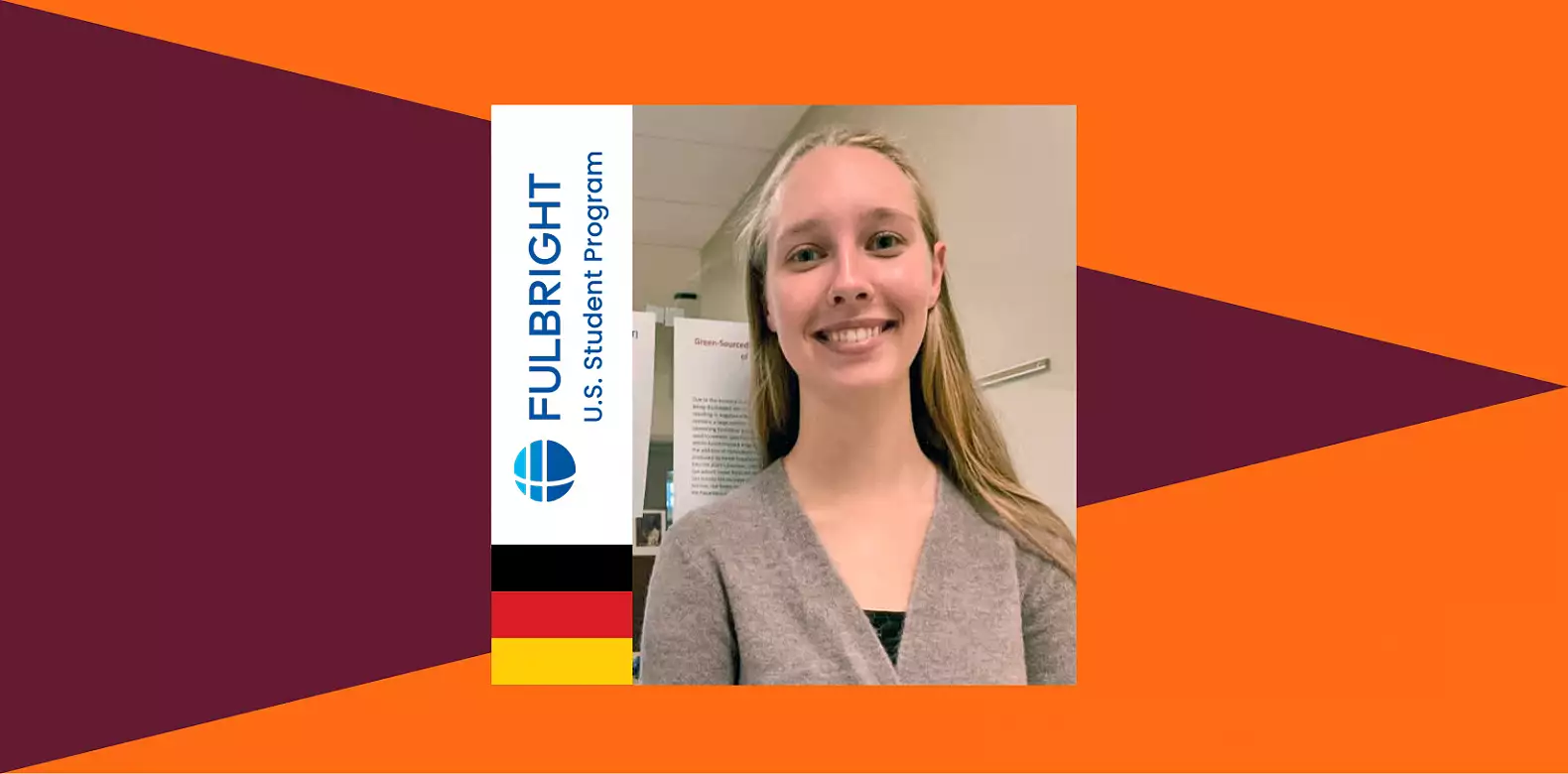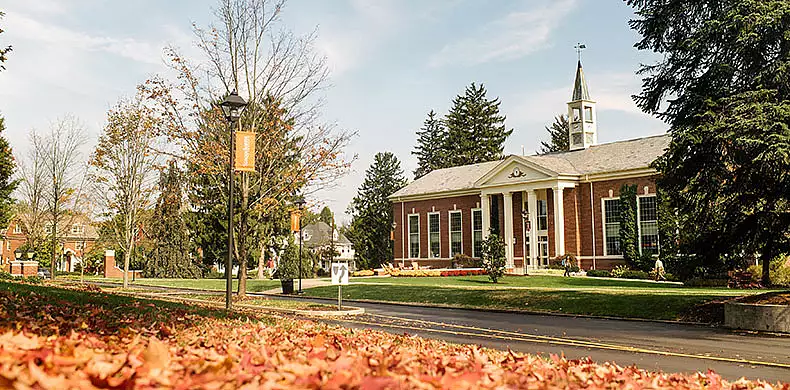Fellowships
Develop Academic, Leadership & Service Skills
Fellowships and scholarships provide outstanding opportunities to expand your horizons, broaden your knowledge and prepare you for a successful career or an advanced degree.
Many different scholarships and fellowships are available to qualified students, from first-year students through college graduates. For example, the Boren scholarship — providing up to one academic year of funding to U.S. undergraduates to study foreign languages in regions critical to the United States — is available to students beginning their first year. Alternately, the James Madison Graduate Fellowship is available only to graduates and graduating seniors.
Identifying and applying for these opportunities requires careful navigation, but the effort is incredibly rewarding.
Susquehanna University faculty are dedicated to helping you craft the most compelling proposal for your desired experience. Opportunities exist across the academic spectrum, and we are here to help you every step of the way.
Achieve new Heights
Featured Awards
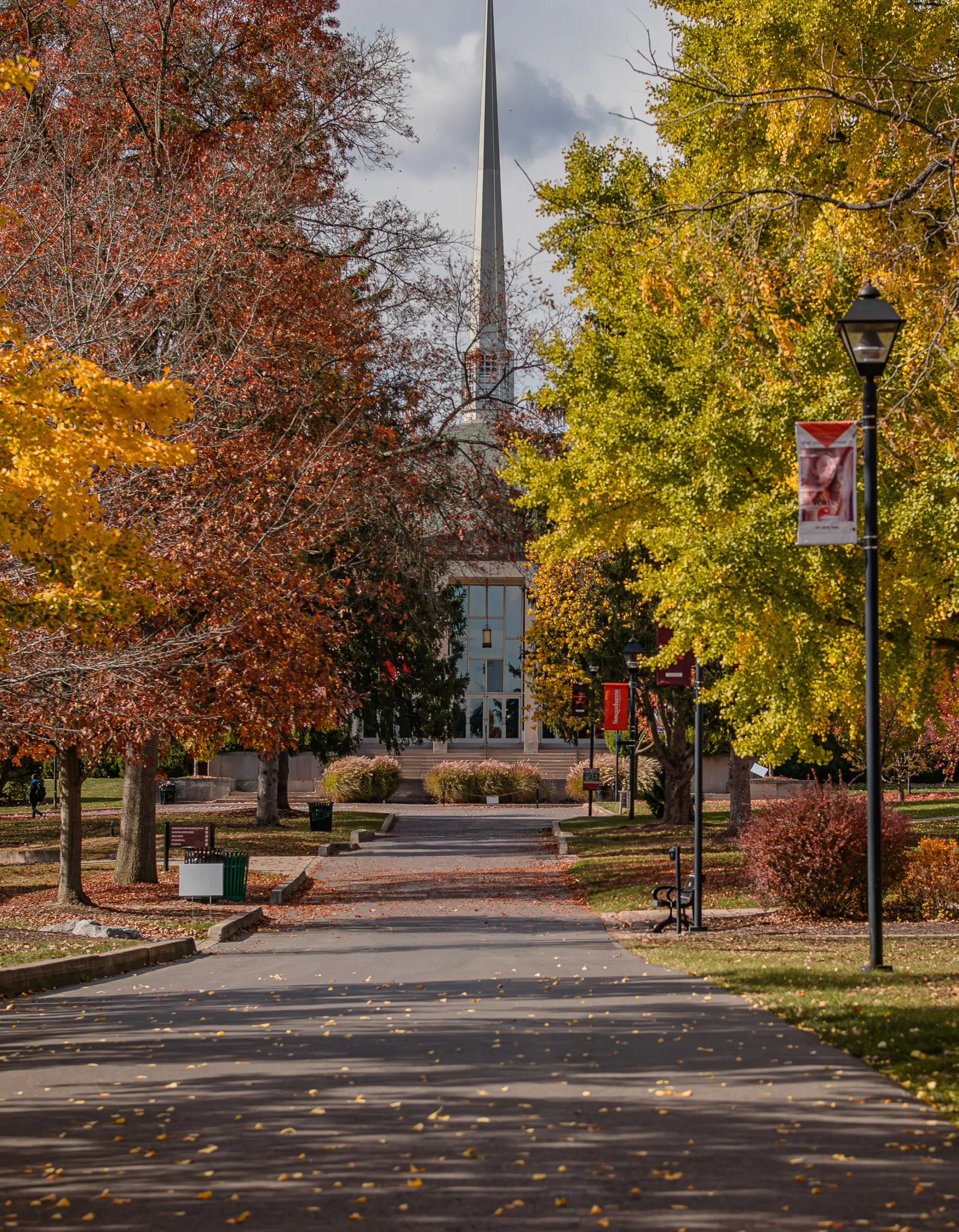
Fulbright U.S. Student Program
Susquehanna University’s Fulbright program embraces philosophy much like the Global Opportunities (GO) program. Since it was founded in 1946, more than 310,000 Fulbright Scholars who were chosen on academic merit and leadership potential, have enjoyed studying, teaching and conducting research abroad.
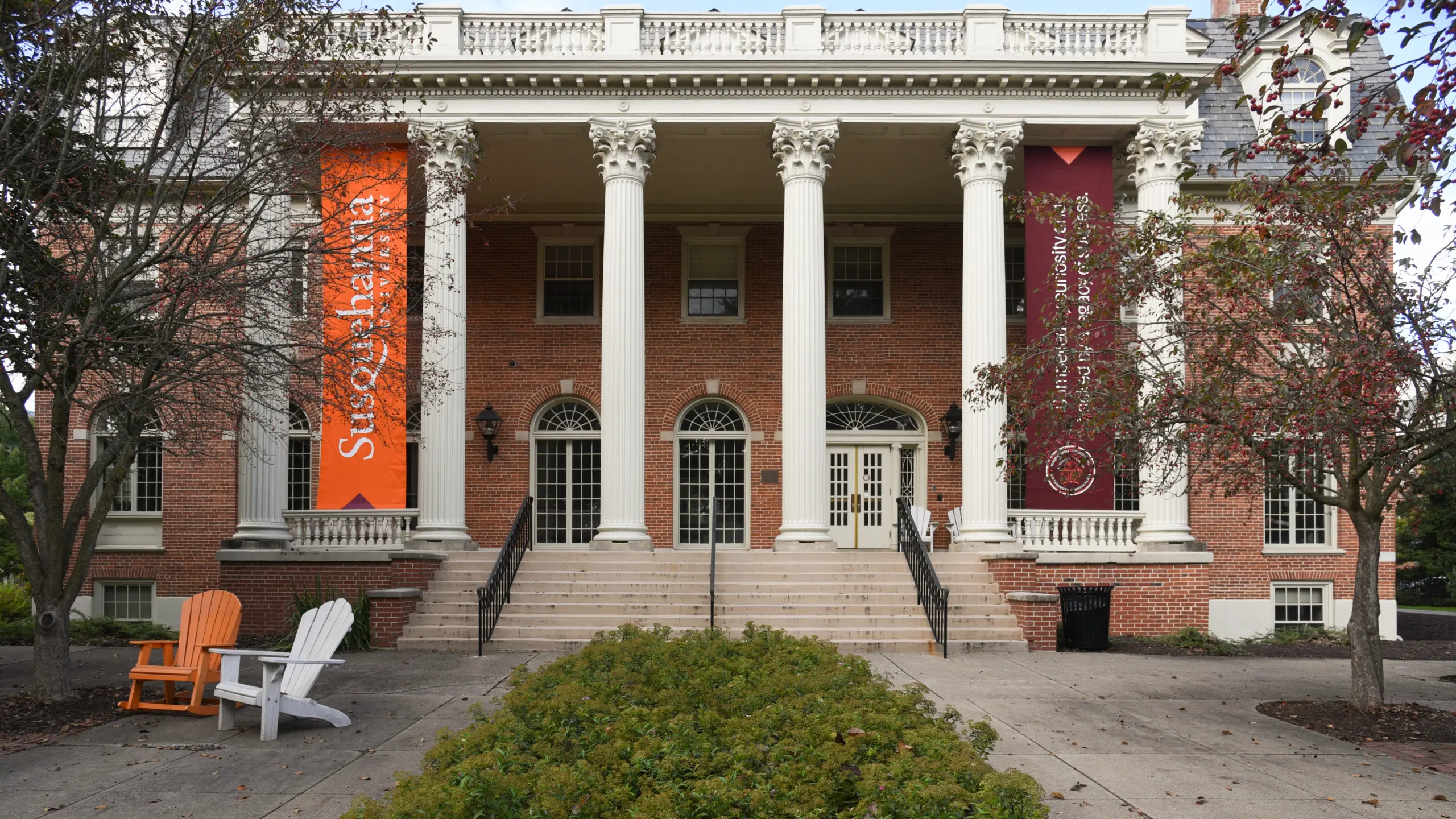
Benjamin A. Gilman International Scholarship
The Gilman scholarship aims to support students who have been traditionally under-represented in study abroad, including but not limited to, students with high financial need, community college students, students in under-represented fields such as the sciences and engineering, students with diverse ethnic backgrounds, and students with disabilities.
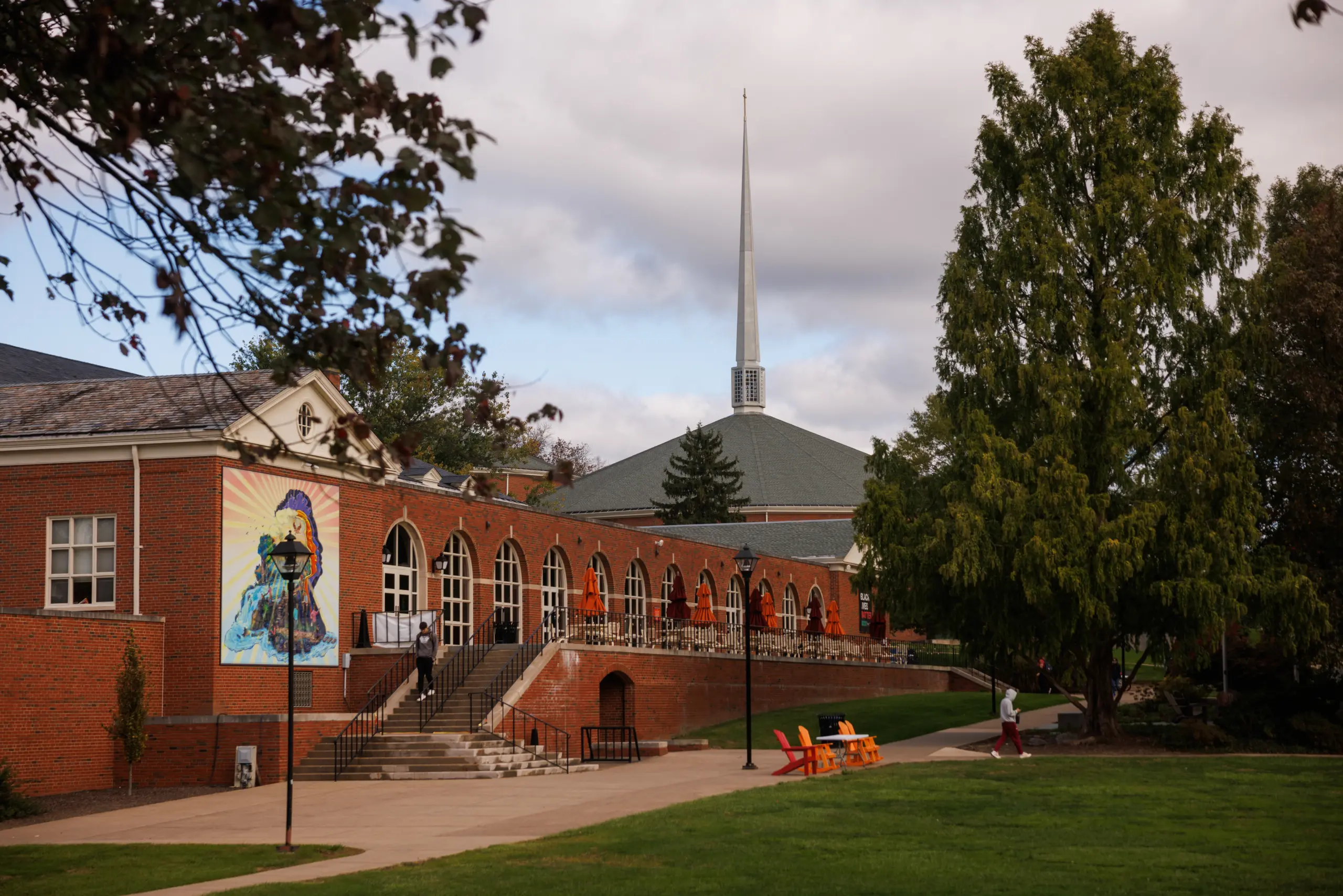
Fulbright UK Summer Program
The Fulbright UK Summer Institutes are three to four week programs for US undergraduate students. Participants can explore the culture, heritage and history of the UK while experiencing higher education at a UK university.
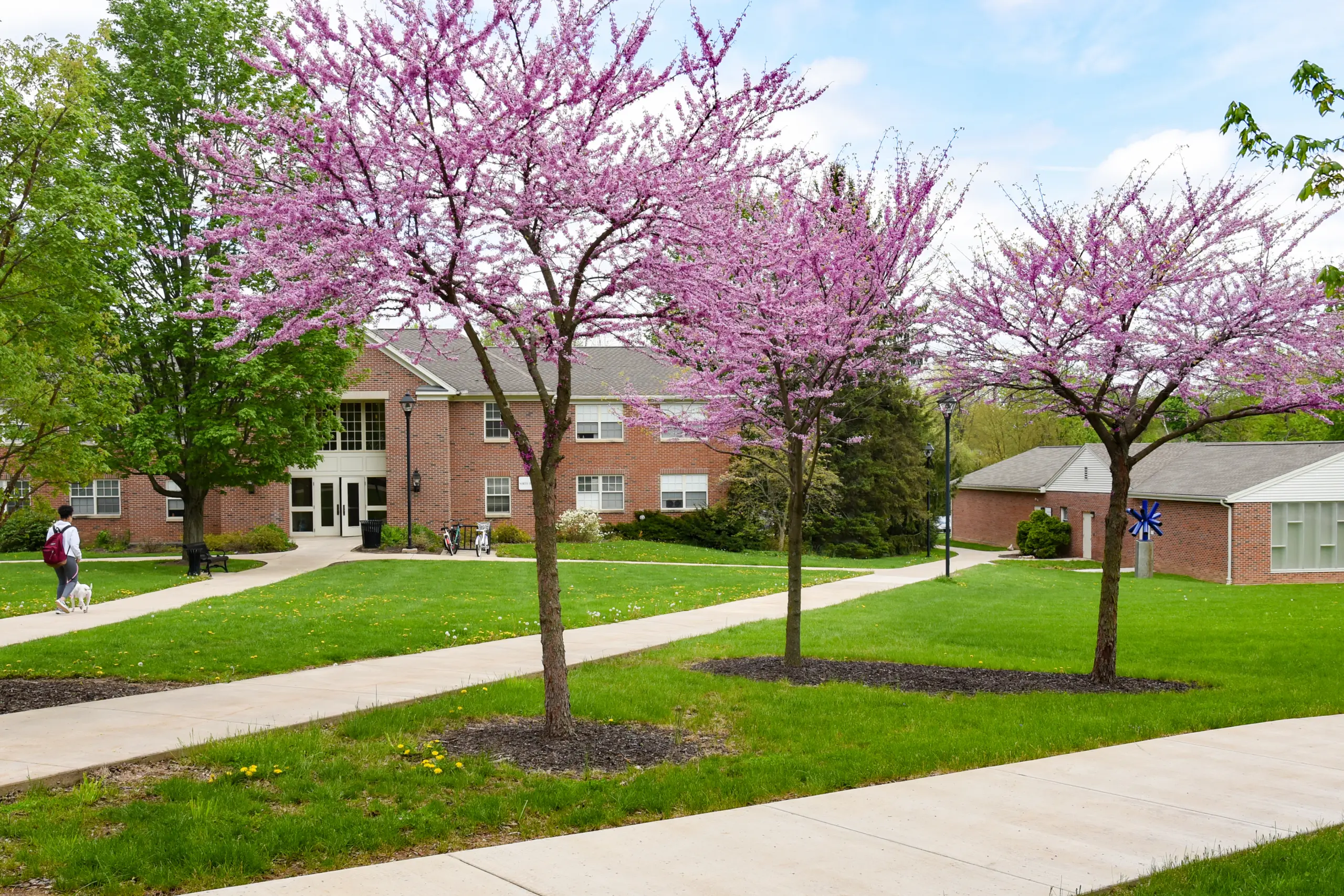
FAIT Fellowship
Funded by the U.S. Department of State, this two-year Fellowship program is a path to a career in the Foreign Service by providing academic funding for an IT-related degree, internships, professional development and mentorship – culminating in an appointment in the Foreign Service as a Diplomatic Technology Officer (DTO).
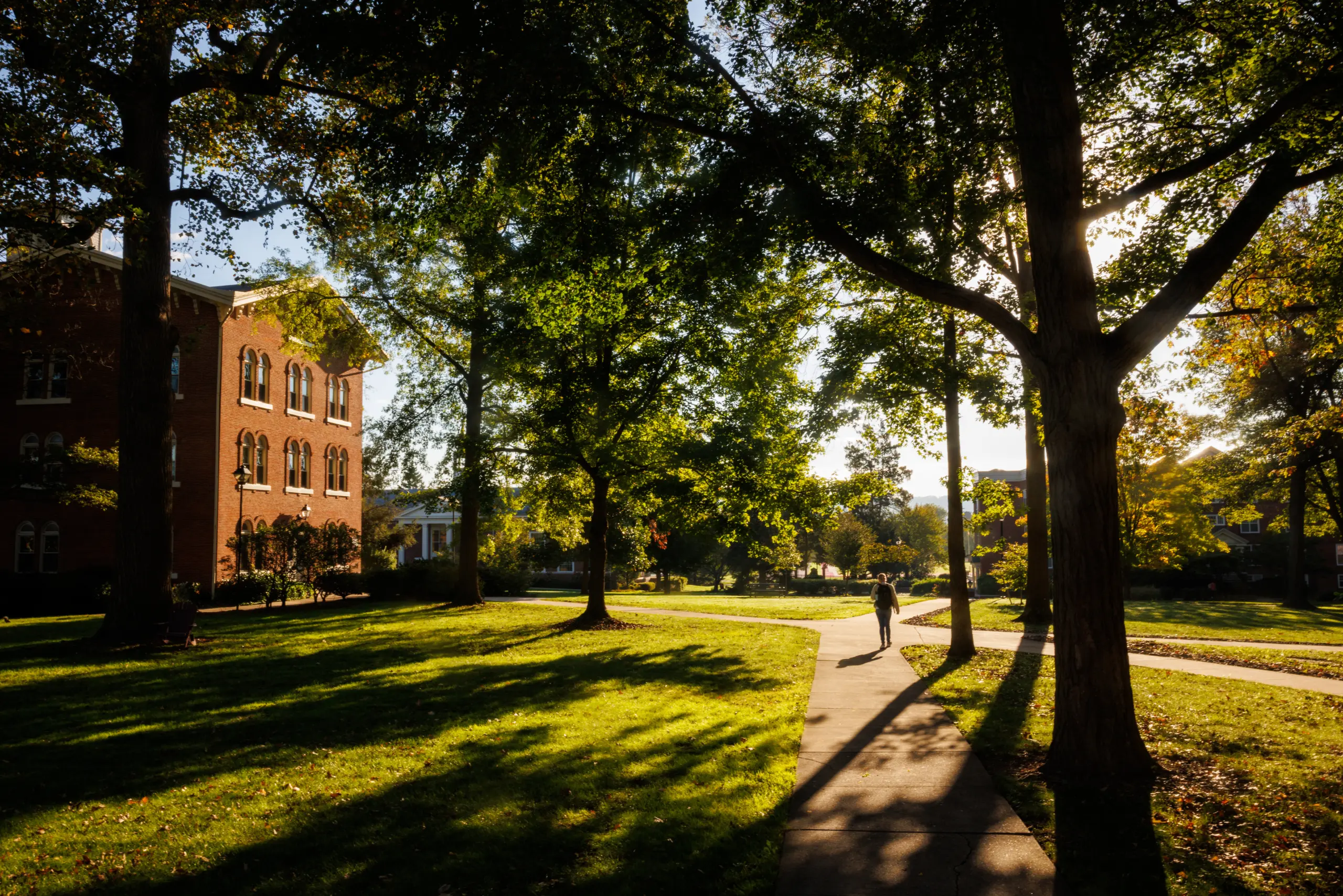
Critical Language Scholarship
The Critical Language Scholarship (CLS) Program provides fully funded immersive summer programs for U.S. undergraduate and graduate students to learn languages of strategic importance to the United States’ national security, economic prosperity, and engagement with the world.
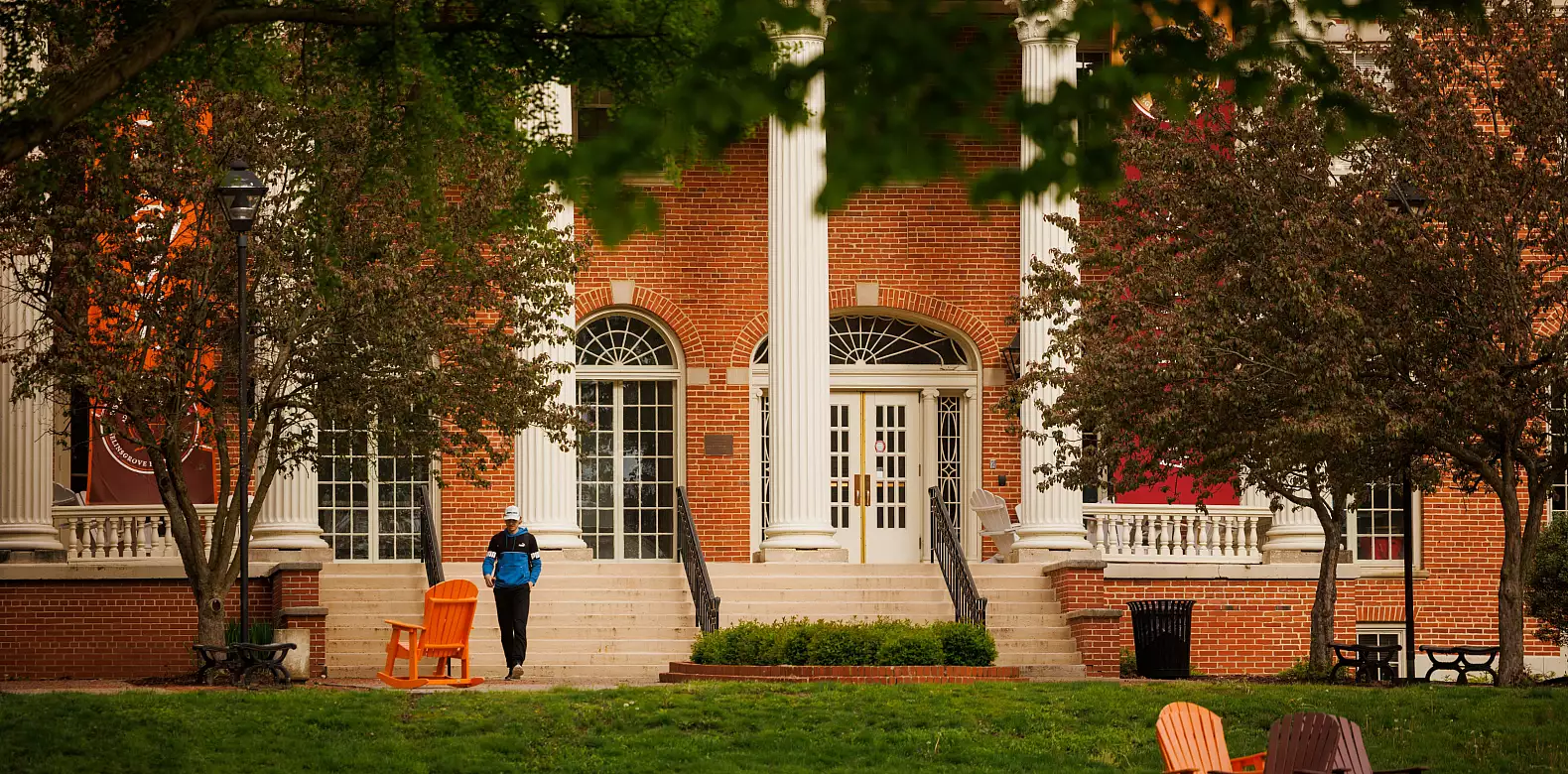
FAO Schwarz Fellowship
This program is an intensive, transformative two-year experience designed for new college graduates interested in social impact leadership careers. The Fellowship is selective.
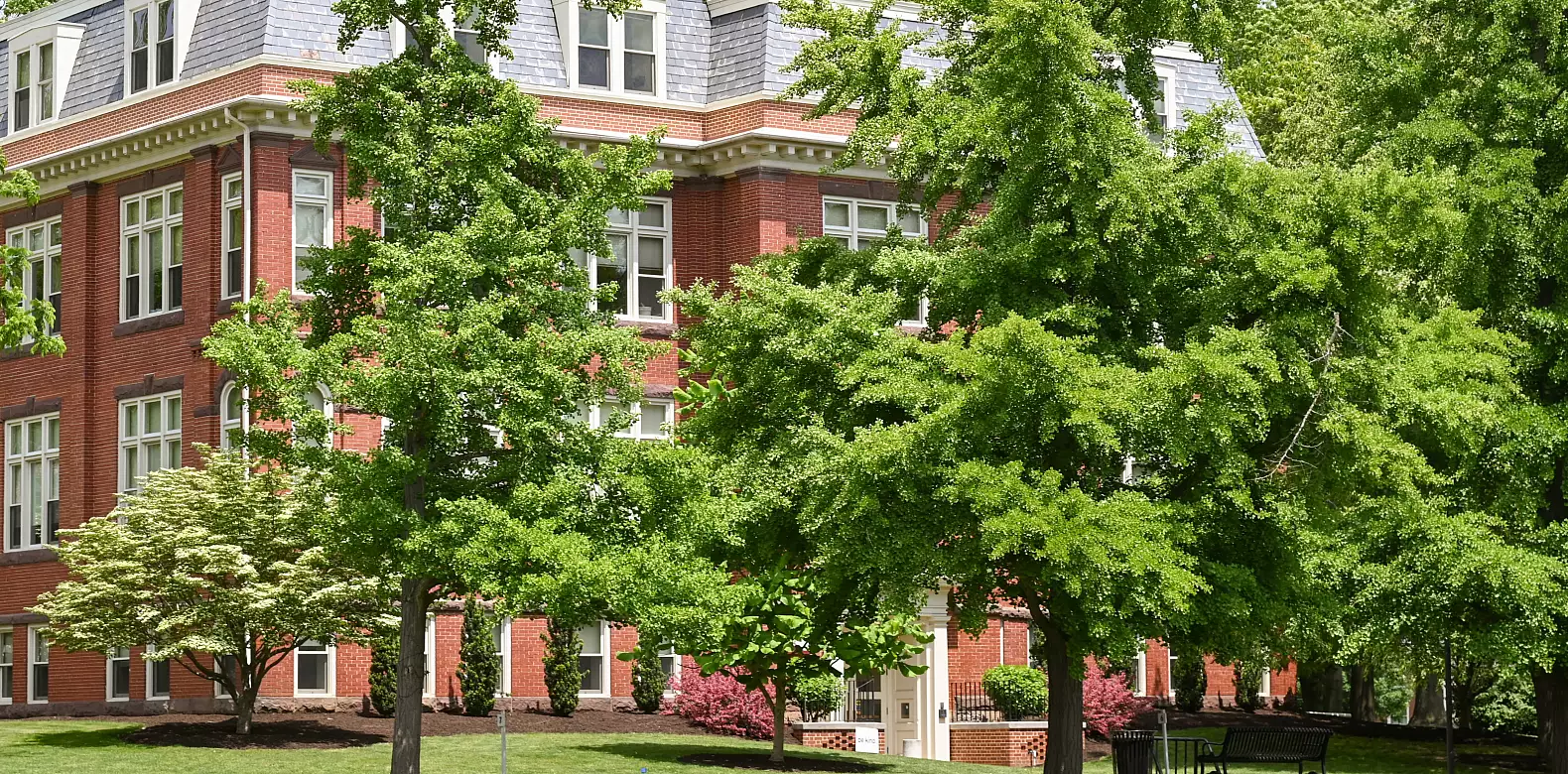
Cultural Vistas
Every year, Cultural Vistas offers 20+ professional and student exchange programs designed to help people and institutions increase critical thinking skills, enhance their intercultural awareness and sensitivity, build strong networks of collaboration, and approach complex challenges with a global mindset.
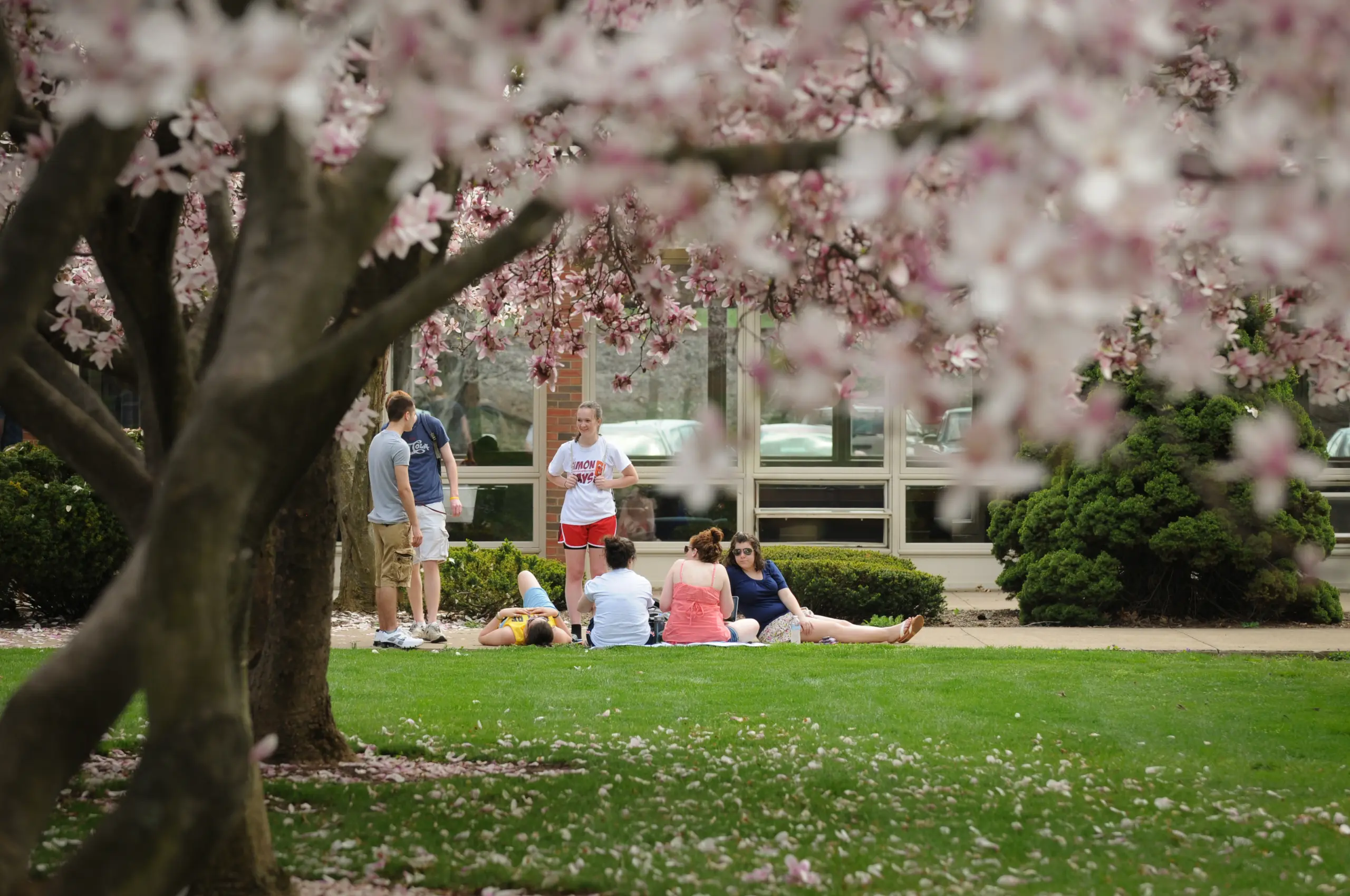
Rhodes Scholarship
Rhodes Scholarships, generally held for two years, provide recipients the opportunity to obtain a master’s degree or a second bachelor’s degree at the University of Oxford.
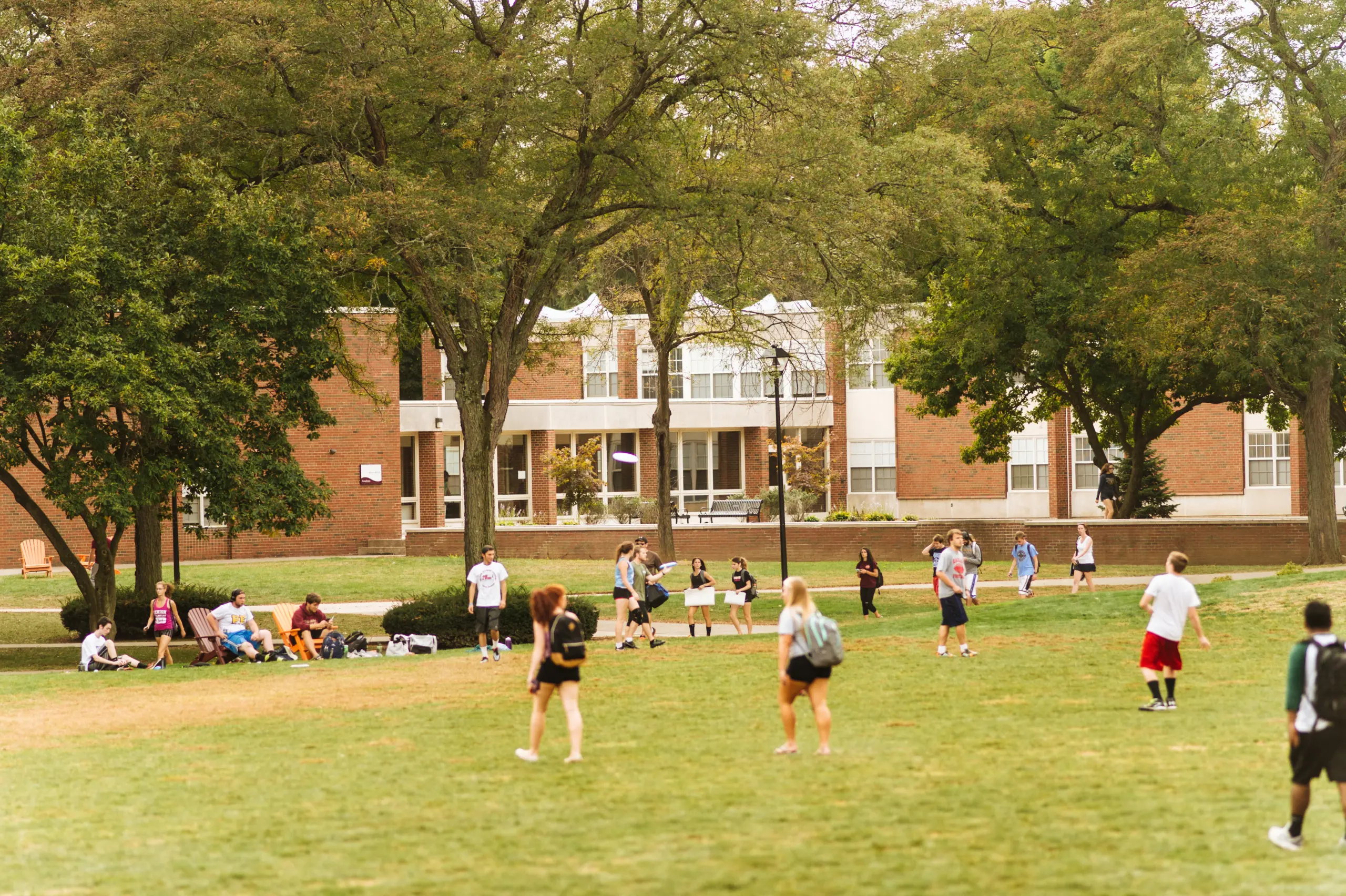
Marshall Scholarship
Funds postgraduate study in the United Kingdom. Up to 40 scholars are selected each year to study at the graduate level at an U.K. institution in any field of study.
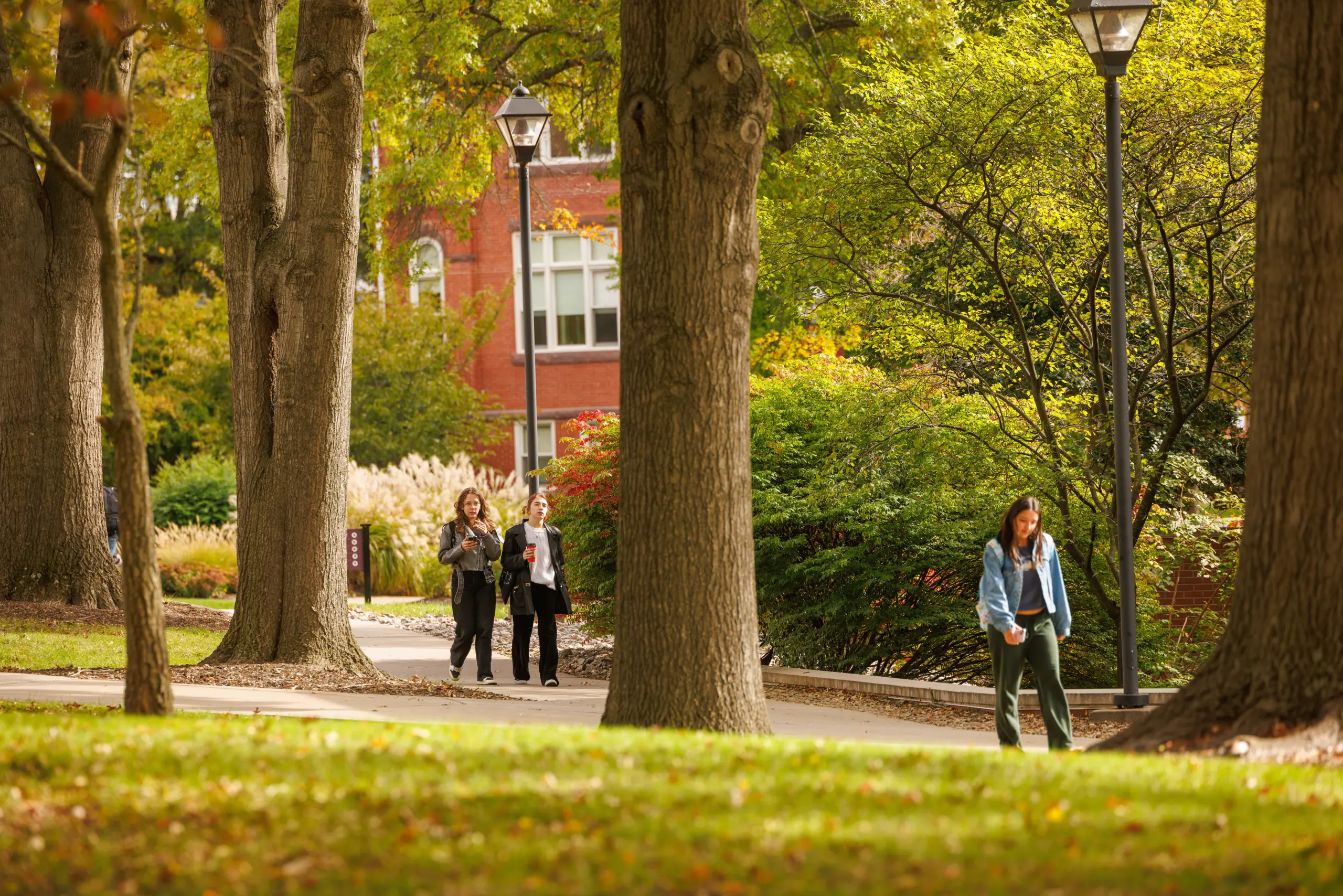
George J. Mitchell Scholarship
Funding a year of postgraduate study in Ireland or Northern Ireland, this scholarship is designed to introduce and connect generations of future American leaders to Ireland, while encouraging intellectual achievement, leadership and a commitment to community and public service.
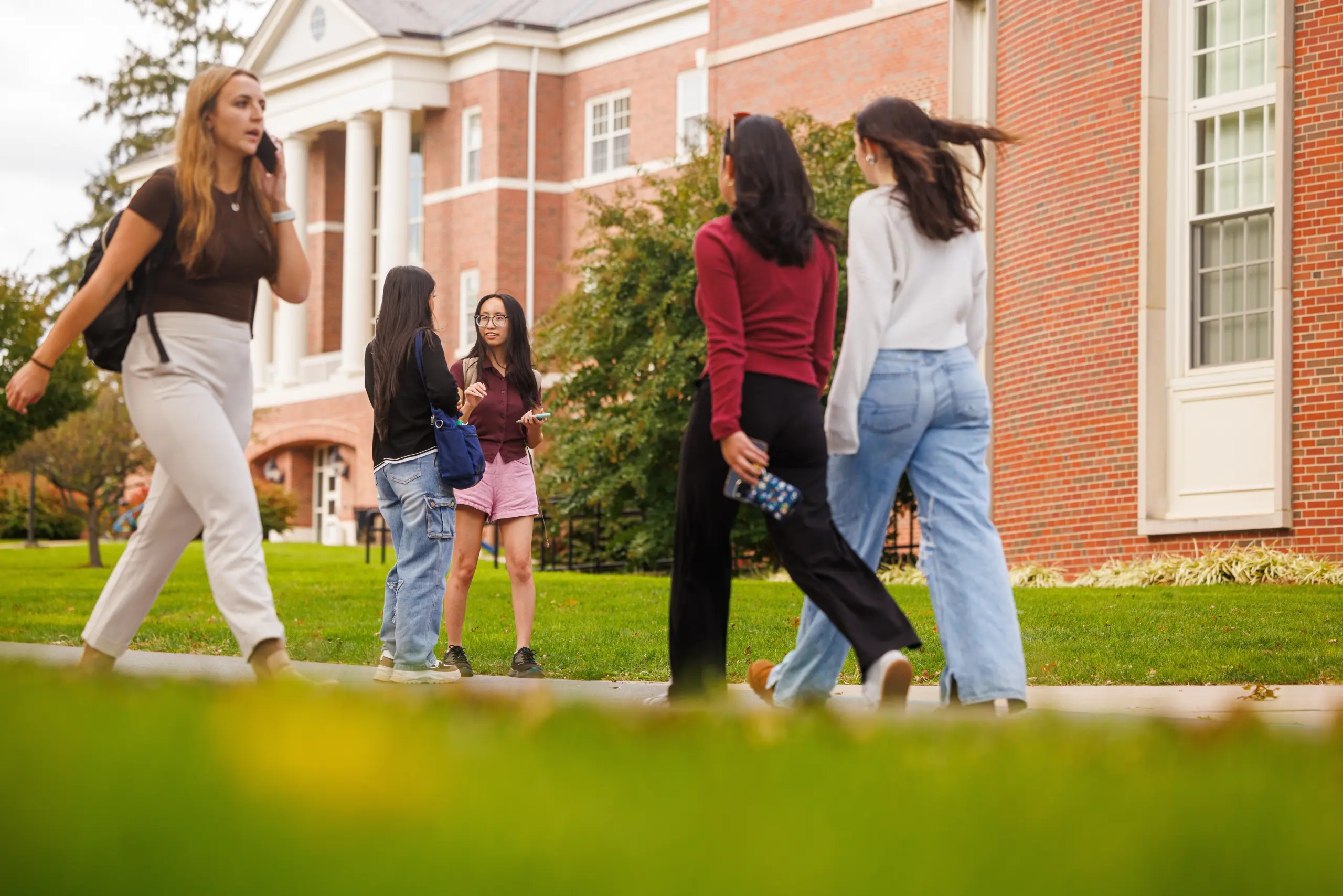
Gates Cambridge Scholarship
A global scholarship at Cambridge University for intellectually outstanding postgraduate students with a capacity for leadership and a commitment to improving the lives of others.
Frequently Asked QUestions
The term “fellowship” is often used interchangeably with “scholarship” or “grant.” In simpler terms, it’s an award that allows you to study, teach, conduct research or earn leadership or public service experience. These awards are typically meant for the period immediately following college, but there are awards that offer funding during your undergraduate years as well.
Blakemore Foundation: Funds an academic year of advanced language study abroad in Chinese, Japanese, Korean and selected Southeast Asian languages.
Boren Fellowship: Provides up to $30,000 to U.S. graduate students to add an important international and language component to their graduate education.
Critical Language Scholarship: The Critical Language Scholarship Program is a summer study abroad opportunity for American college and university students to learn languages essential to America’s engagement with the world.
Jack Kent Cooke Foundation Graduate Arts Award: Recognizes promising artists from lower-income backgrounds in the visual arts, performing arts and creative writing.
James Madison Memorial Fellowship: Offers $24,000 to individuals desiring to become outstanding teachers of the American Constitution at the secondary school level.
Teaching Assistant Program in France: Offers the opportunity to work in France for seven months, teaching English to French students of all ages.
American India Foundation Banyan Impact Fellowship: Sends skilled young Americans to work with non-governmental organizations in India for a 10-month period.
AmeriCorps: Members commit to full-time or part-time positions offered by a network of nonprofit community organizations and public agencies, to fulfill assignments in the fields of education, public safety, health care and environmental protection.
City Year: An education-focused organization dedicated to helping students and schools in 27 urban, high-poverty communities across the United States and through the U.K. and Johannesburg, South Africa.
Cultural Vistas Fellowship: The Cultural Vistas Fellowship is a fully funded program affording underrepresented U.S. university students the opportunity to intern for eight weeks with organizations in Argentina, Germany or Southeast Asia.
Emerson National Hunger Fellows Program: A social justice program that trains, inspires and sustains leaders.
Harry S. Truman Scholarship: For college juniors who show leadership potential and have an interest in government or public service.
Humanity in Action Fellowship: Brings together international groups of undergraduates and recent graduates to explore issues affecting human rights and social justice.
Lutheran Volunteer Corps: Places volunteers in full-time service positions at social-justice organizations throughout the United States for one or two years.
Morris K. Udall Scholarship: For sophomores and juniors committed to careers related to the environment, tribal public policy or Native American health care.
National Urban Fellows: Introduces college students and recent graduates to public service.
Peace Corps: Open to anyone over the age of 18 who is interested in helping people from other countries while learning about their culture and promoting a better understanding of Americans.
Teach for America: Recruits recent college graduates and professionals to teach for two years in urban and rural communities throughout the United States.
Samuel Huntington Public Service Award: Provides a $15,000 stipend for a graduating college senior to pursue one year of public service anywhere in the world.
Amgen Scholars Program: Provides undergraduate students in science the opportunity to work at some of the world’s leading research universities.
The Barry Goldwater Scholarship and Excellence in Education Program: Provides scholarships to college students intending to become scientists, mathematicians or engineers.
Foreign Affairs IT Fellowship: Funded by the U.S. Department of State, this two-year program provides academic funding for an IT-related degree, internships, professional development and mentorship – culminating in an appointment in the Foreign Service as an Information Management Specialist.
Gilliam Fellowship for Advanced Study: Awards five-year fellowships for full-time study toward a Ph.D. in life sciences for individuals committed to increasing diversity among scientists.
Hertz Foundation Fellowship: Provides grants for postgraduate fellowships leading to the award of the Ph.D. in the applied physical and engineering sciences, as well as quantitative aspects of modern biology.
Knowles Teaching Fellowship: Provides professional and financial support for students who are committed to teaching high school science and/or mathematics in U.S. schools.
National Defense Science and Engineering Graduate Fellowship Program: Funds doctoral students in fields important to national defense, including mathematical, physical, biological, cognitive, neural, and ocean and engineering sciences.
National Institutes of Health Oxford-Cambridge Scholars Program: Provides funding for doctoral students committed to biomedical research careers.
National Science Foundation Graduate Research Fellowship Program: Supports outstanding graduate students in NSF-supported science, technology, engineering and mathematics disciplines who are pursuing research-based master’s and doctoral degrees.
Review the fellowship’s website to see what sort of qualifications the foundation is seeking. And, contact Dr. Karol Weaver, our faculty coordinator for fellowship advising, who can guide you to programs that fit both your qualifications and your goals.
Don’t lose heart! These are very competitive programs. In most cases, you can reapply in the next year. In fact, it may even be to your advantage. More and more applicants are winning top awards on subsequent applications.
In many cases, the organization will indicate what they’d like your references to address: academic performance, leadership, commitment to public service, etc. Think about the professors and supervisors who know you (and your work) well. It is crucial that whomever you choose knows you, knows what you are applying for and has all guidelines provided by the foundation. Copies of your application essays, résumé and even papers you wrote for the professor’s class are also helpful. Give your references at least one month to write their letters.
Where Passion Meets Purpose
Straight from the Nest
“I know that graduate school is in my future, and having time to work in the museum field through a fellowship will not only enrich my applications, but also me as an individual. After completing this fellowship, I plan to pursue a graduate degree in art history and continue working in museums, specifically within museum accessibility.”
— Alex Gabriel ’24
“[Being chosen for the FAIT Fellowship] felt rewarding, as I had been putting in a lot of hours and long nights working on my application over the last eight months. It felt good to see the fruits of my labor. I’m someone who refuses to settle for something comfortable when I know I can pursue greater heights, even if it’s a dream greater than myself. I owe it to myself to continue to push for bigger things.”
— KaMeron Hopkins ’26
“[The FAIT] fellowship provides training and teaches you exactly what is required of you to perform effectively. In this way, I can follow my passion for service while fulfilling my desire for travel.”
— Adriana Oelberg ’23
“Hearing that the fellowship was from the Rachel Carson Council, we were drawn to it as we both look up to Rachel Carson as an inspiring and powerful figure. We were also excited to have the ability to work with such a prestigious organization. The possibility was just too intriguing to pass up.”
— Calli Lambard ’23 & Grant Rowe ’23
Beyond SUsquehanna
Fulbright Program Recipients
The Fulbright Program is one of the most prestigious award programs in the world. It offers highly competitive grants for international educational exchanges to study, teach or conduct research abroad. Many Susquehanna University students, alumni and faculty have received Fulbright awards over the last several years.
- Grace Tepes ’23 (2023), Germany
- Madelyn Correllus ’22 (2023–24), England
- Olivia McGaw ’22 (2022), Spain
- Luke Duceman ’18 (2021-22), Costa Rica
- Kailah Johnson ’23 (2021), England
- Brian Herrmann ’20 (2020-21), Germany
- Erin Wetmore ’20 (2020-21), Germany
- Larry Herrold Jr. ’19 (2019-20), England
- Luke Duceman ’18 (2019-20), Costa Rica
- Rachel Baer ’17 (2017-18), Germany
- Ariana Stowe ’14 (2014-15), Brazil
- Kirstin Waldkoenig ’14 (2014-15), Germany
- Jacqueline Newell ’13 (2014-15), Argentina
- Holly Belkot ’13 (2013-14), Macau
- Bridget Burns ’13 (2013-14), Mauritius
- Carla Hinson ’13 (2013-14), Brazil
- Stephanie Owens ’07 (2007-08), Chile
- Ryan Szuch ’00 (2000-01), Australia
- Kathryn Spence ’99 (1999-2000), South Korea
- Glen Retief, associate professor and co-chair of the Department of English & Creative Writing, South Africa
- John Bodinger de Uriarte, associate professor and chair of the Department of Anthropology, Iceland
Have Questions?
COntact Us
Career Development Center
514 University Ave.
Selinsgrove, Pa. 17870
Location
Fisher Hall, Second Floor, Room 211
Phone & Email
Dr. Karol Weaver,
Coordinator for Fellowship Advising
570-372-4193
